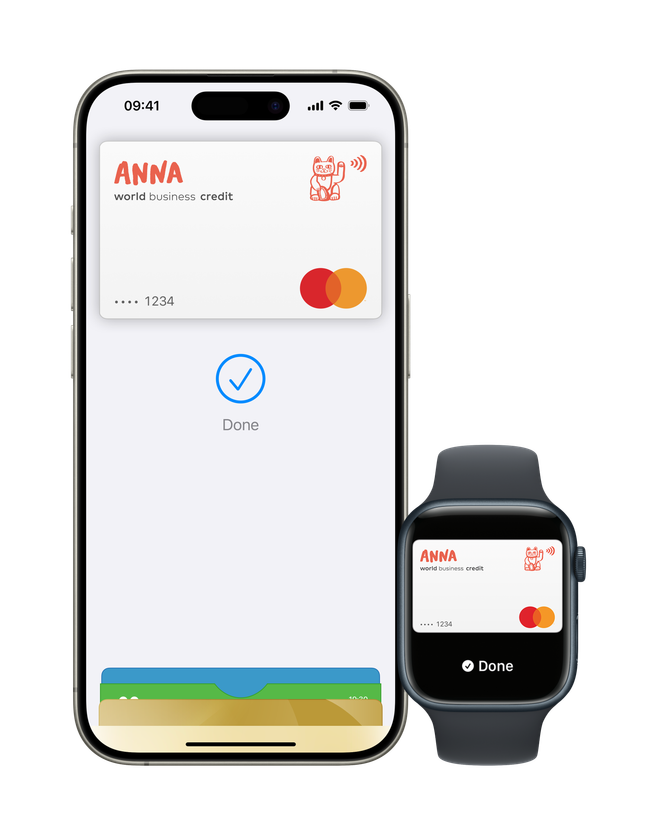Setting up a limited company in the UK is an exciting venture, but it comes with its fair share of administrative tasks. One crucial step you can’t overlook is opening a business bank account. Not only does it keep your personal and business finances separate, but it also helps you maintain a professional image and streamline your financial management.
Figuring the maze of banking options can be daunting, especially when you’re focused on growing your business. From transaction fees to online banking features, there’s a lot to consider. So, how do you choose the right business bank account for your limited company? This guide will walk you through the key factors to help you make an informed decision, ensuring your business starts on the right financial footing.
Understanding Business Bank Accounts for Limited Companies
Setting up a business bank account for limited company needs requires a good understanding of key features. Let’s dive into essential aspects to consider.
Which Features to Look for
Look for features fitting your company’s needs. How important are transaction costs to you? Some banks charge fees for transfers and deposits, affecting business operations. Check transaction limits, especially if your company handles large volumes.
Online banking capabilities matter too. A robust online platform can simplify managing finances. Access to invoicing tools and account integration could save time. Think about accessibility. Can you reach customer support easily? Sometimes, having a dedicated account manager provides peace of mind.
Consider also the availability of business credit cards. These cards might offer rewards, making everyday purchases advantageous. The possibility of setting user access levels provides another layer of financial control.
Benefits of Separate Business Bank Accounts
Why keep personal and business money separate? When you maintain independent accounts, clarity adorns your financial records. Co-mingling funds muddles your finances, complicating tax returns and bookkeeping.
A separate business account can elevate your company’s image. Clients and suppliers smitten by a professional impression might trust you more. Transactions flowing smoothly through a business account heighten efficiency.
Legal protection stands as a pillar here. Limited companies enjoy limited liability. Separate accounts reinforce this by delineating personal assets from business obligations. Are your books ready for an audit? Neat, separate accounts simplify audits too, keeping you compliant.
Next Steps
Reflect on these features and benefits while choosing a business bank account. How does each option align with your company’s specific needs? Your decision could set the financial tone for your business journey.
How to Choose the Right Bank Account for Your Limited Company
Selecting a bank account for your limited company affects your business operations. You should begin by examining transaction fees. Various banks charge different rates for deposits, withdrawals, and transfers. Lower fees for high-volume transactions could save money. Compare these costs across banks.
Another important factor is online banking features. Access to comprehensive digital tools can simplify managing finances. Look for features like invoicing software, automated expense tracking, and financial dashboards. A user-friendly app with real-time updates can make managing your money simpler.
Customer service plays a crucial role. Consider banks that offer dedicated business support. Look at availability, response times, and the expertise of customer service teams. Some banks also provide relationship managers for personalised support.
You might find business credit cards beneficial. These cards can help manage cash flow, provide rewards, and separate expenses. Compare interest rates, fees, and reward programs to find the best fit. Ensure the card aligns with your spending habits. Consider the ease of opening an account. Banks now allow online applications, speeding up the process. Look for requirements and whether the bank supports new businesses. Efficient processes can save time and hassle.
Top Recommended Banks
Barclays offers comprehensive business banking. Their SmartBusiness Dashboard integrates with your account, offering insights on cash flow and spending. With dedicated support and various credit card options, Barclays suits many small businesses.
HSBC provides an extensive range of business accounts. They offer relationship managers, a helpful mobile app, and competitive fees. HSBC’s global reach makes it ideal for businesses with international dealings.
Lloyds Bank caters to small and medium-sized enterprises. They provide online banking tools and dedicated business support. Lloyds also offers flexible lending options and various credit card choices, making it a strong contender.
NatWest’s Business Banking products suit a variety of business types. Their online banking platform is user-friendly. NatWest offers business loans and overdrafts to support growth, with a focus on customer service.
Santander features straightforward business accounts. They offer competitive transaction fees and useful online tools. Santander’s a good choice for businesses looking for efficient banking solutions and support.
Reflect on these options. Consider the features, fees, and services that match your business needs. Your choice of a bank account can significantly impact your company’s financial health and operational efficiency.
Setting Up Your Business Bank Account
When setting up a business bank account, specific documents are essential. Do you have your company registration number ready? You might also need your certificate of incorporation. Banks often request identification, such as a passport or driving licence, for each company director. Proof of address, like a utility bill, is typically required. Have all these documents organised and accessible. They can ask for financial records, including previous business accounts, to assess your financial management history. Some institutions also need a business plan outlining your company’s objectives and strategies. Have it prepared to illustrate your business vision. Ensuring you have these documents ready might streamline the account setup process.
Steps to Follow for a Smooth Setup
Opening a business bank account involves several steps. Start by researching banks that offer tailored services for your business needs. Read customer reviews to gauge their reliability. Do you prefer a bank with strong online services or one known for personalised support?
Once you’ve selected a bank, ensure you book an appointment. During this meeting, present all required documents. Clearly explain your business model and financial requirements. Engage with the bank representative to understand the benefits of their services. Consider asking about their fees, online banking features, and additional support they offer. Reflect on how these features might align with your business operations.
After submitting your documents, your account might take a few days to be activated. Stay updated on the process, and clarify any doubts with the bank’s customer service.
By following these steps, you can ensure a smooth setup for your business bank account.
Online vs Traditional Banking Solutions
Pros and Cons of Each Option
Online banking solutions have changed how businesses manage their finances. Convenience tops the list of benefits. You can access your account anytime, making it easier to handle transactions on the go. Low fees often make online banks an attractive option. Digital banks like Starling and Monzo offer competitive features without the heavy costs associated with brick-and-mortar banks. However, online banks can present challenges. Customer service might be limited to chat or email, which can feel impersonal. There’s also the issue of technology dependence: if the app crashes or there’s a security breach, your operations may halt.
Traditional banking solutions, while less convenient, provide their own set of advantages. Physical branches mean face-to-face customer service, which is invaluable for complex issues. Banks like Barclays and HSBC offer comprehensive services, including financial advice and business planning support. However, traditional banks often come with higher fees and longer wait times for services. Balancing efficiency and personal touch can be tricky.
How to Decide Which is Better for Your Business
Deciding between online and traditional banking depends on your business needs. If you prioritise speed and low costs, online banking might seem like the ideal choice. However, consider your comfort level with technology. Are you confident using apps for all your banking needs? Also, think about your business’s growth. Will you need complex financial services or advice as you expand? Traditional banks offer more in-person support for these requirements.
If your business deals with large transactions or requires frequent cash deposits, the accessibility of a physical branch can be crucial. On the other hand, if you’re running a tech-savvy startup or a digital business, the flexibility and lower costs of online banking could be more beneficial. Weigh the pros and cons and think about your specific business scenario. Make your choice based on what aligns best with your financial and operational goals.
Final Thoughts
Choosing the right business bank account for your limited company is crucial for maintaining financial clarity and professionalism. Weighing the pros and cons of online versus traditional banking will help you align your choice with your business’s unique needs and future growth plans. By carefully considering transaction costs, customer service, and the benefits of business credit cards, you can make an informed decision that supports your company’s financial health and operational efficiency. Select a banking solution that not only meets your current requirements but also scales with your business as it grows.

